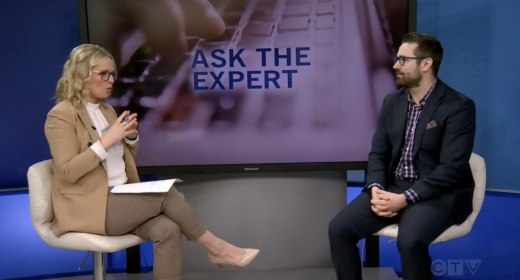As an Estate Trustee, it is your duty to administer the estate, which includes distributing all of the estate assets in accordance with the terms of the Will or the rules of intestacy if there is no Will. However, in order to distribute the assets, an Estate Trustee has to identify any and all heirs that may be entitled to a share in the distribution. In most cases, this is often a simple and routine task. Family members and friends are known to the Estate Trustee and are living in the same city as the deceased. But what happens if the Estate Trustee can’t find some of the long lost relatives that were named in the Will?
An Estate Trustee must make all “reasonable inquiries” to identify any and all beneficiaries. The legislation does not provide any guidance on what steps an Estate Trustee must take to find these missing beneficiaries. However, section 24(1) of the Estate Administration Act does require that an Estate Trustees make reasonable inquiries to locate a beneficiary or someone who may be entitled to a portion of the estate “by virtue of a relationship traced through a birth outside marriage”.
In today’s technological world, “reasonable inquires” to find missing beneficiaries means that an Estate Trustee must do more than place a notice in the local newspaper. The caselaw varies on the extent of the Estate Trustee’s duty depending on the particular circumstances. Factors such as the size of the estate or bequest may determine the extent of the search for a missing beneficiary. But regardless of the size of the estate, a good starting point is to make contact with the family, friends, co-workers and professionals (lawyers, accountants or doctors) who worked with the deceased. These individuals may have important information to help locate the missing beneficiary. Also, the Estate Trustee should also examine the personal effects of the deceased, including the letters, diaries, emails, computer contact lists and telephone contact lists. Many Estate Trustees find success searching online using Google, Canada 411, FaceBook or Twitter accounts.
If the beneficiaries are still missing, the Estate Trustee should consider hiring professional researchers to assist them in locating missing heirs. The Archives of Ontario can provide a list of accredited researchers both in Canada and internationally. Professional researchers will be able to access databases not available to the Estate Trustee and will often be able to obtain information in a more precise way.
It may be similar to a game of “hide and seek” but an Estate Trustee must make all reasonable efforts to find beneficiaries who are entitled to a share of the estate.


